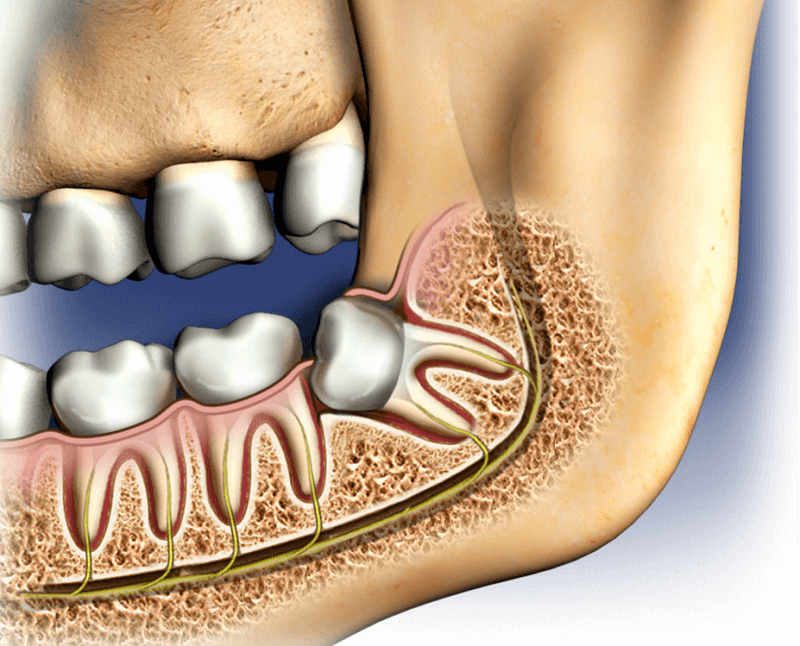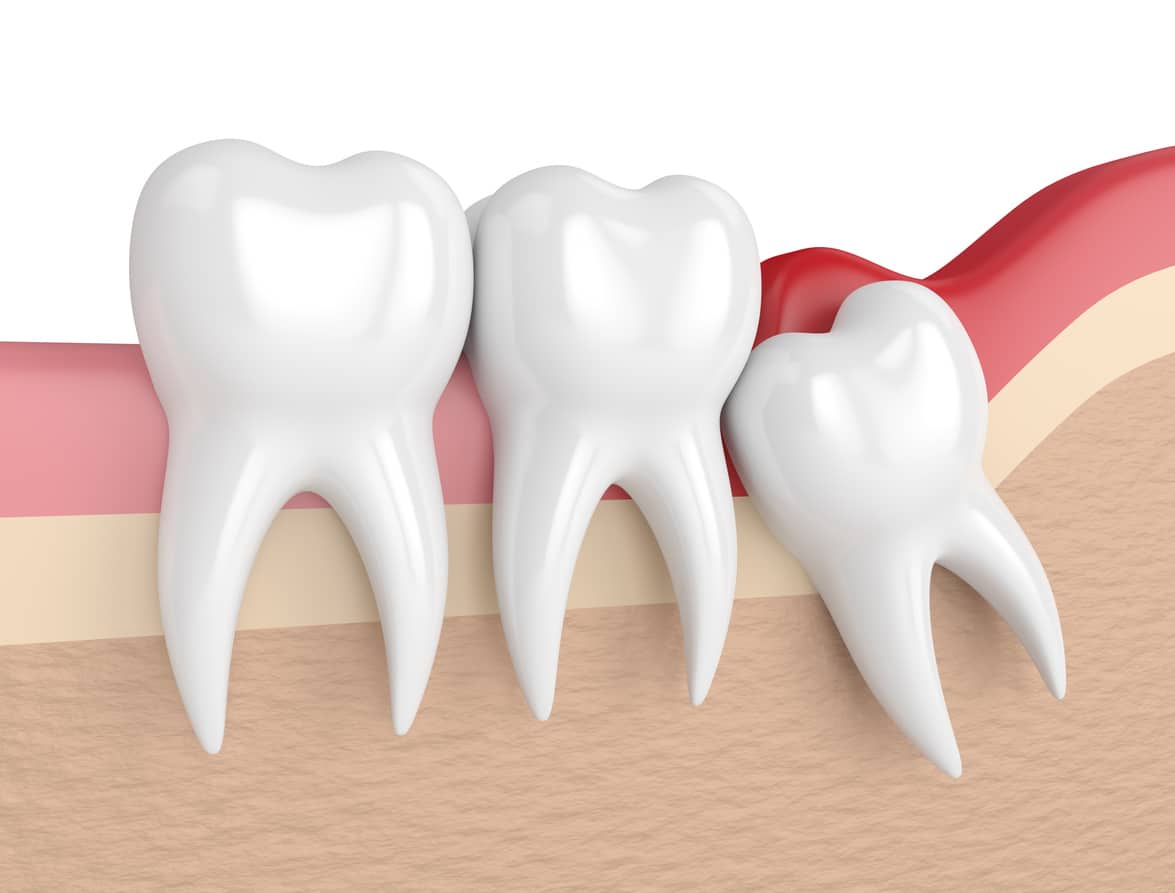Checking Out Various Sedation Options for a Comfy Knowledge Teeth Removal Experience
The usage of sedation throughout such procedures has become increasingly typical to minimize stress and anxiety and pain. With an array of sedation alternatives offered, from regional anesthetic to general anesthesia, each method uses varying degrees of leisure and discomfort control.
Local Anesthesia
Regional anesthesia is a frequently used approach for numbing specific locations of the mouth throughout wisdom teeth extraction treatments. By providing a neighborhood anesthetic, such as lidocaine, a dental professional can guarantee that the person remains pain-free and comfortable throughout the removal process.
Among the primary benefits of neighborhood anesthesia is its targeted numbing impact, which means that only the details area being treated is impacted. This localized approach minimizes the threat of systemic negative effects and permits a quicker recovery post-procedure. Additionally, neighborhood anesthetic is taken into consideration to be a secure and regular practice in dentistry, with marginal dangers involved when administered by a trained professional.
Laughing Gas
Nitrous oxide, generally recognized as chuckling gas, is a form of sedation typically used in dental care to help individuals kick back throughout oral treatments. This sedation choice allows the patient to continue to be mindful and responsive throughout the treatment while feeling at convenience and comfy.
In addition, nitrous oxide is understood for its quick recovery time. When the mask is removed, the impacts of the gas disappear swiftly, permitting patients to resume their regular tasks without remaining sedative results. This makes laughing gas a practical option for those that require to drive themselves home after the oral consultation. Furthermore, nitrous oxide is appropriate for people of any ages, making it a functional sedation option for wisdom teeth removals and various other oral procedures.
Oral Sedation
Oral sedation, a pharmacological approach utilized in dental care, entails the management of sedative medicines by mouth to cause a relaxed state during oral treatments. This form of sedation is frequently utilized for clients undertaking wisdom teeth removal to relieve anxiety and pain. The drugs suggested for dental sedation come from a class of medicines called benzodiazepines, which have sedative, anxiolytic, and amnesic properties. Typically, the patient takes the suggested medication prior to the treatment, allowing ample time for the sedative results to take hold.
Among the main advantages of dental sedation is its convenience of management. Unlike intravenous sedation, oral sedation does not require injections or needles, making it an extra comfy option for people with a concern of needles. Additionally, oral sedation is taken into consideration efficient and risk-free when administered by skilled dental specialists. Nonetheless, it is essential for people to adhere to pre-operative instructions supplied by their dental expert, such as avoiding drinking or consuming prior to the treatment to ensure the sedative medication functions as planned.
IV Sedation
Administered intravenously by qualified doctor, IV sedation is a powerful approach utilized to induce a controlled state of deep leisure and unfamiliarity during dental procedures. Unlike oral sedation, which can be uncertain in its impacts, IV sedation allows for exact control over the level of sedation, making it an excellent choice for complex treatments like knowledge teeth removals.
During IV sedation, a sedative drug is delivered directly right into the blood stream with a capillary, allowing it to work promptly and successfully. This method guarantees that the person remains not aware and comfortable of the treatment while still maintaining important functions such as breathing and heart rate.
One of the primary benefits of IV sedation is its capability to give a much deeper degree of sedation compared to other approaches, making it particularly appropriate for people with high degrees of anxiety or those undergoing extensive oral work (wisdom teeth removal aspendale). Additionally, the effects of IV sedation commonly disappear progressively after the procedure, minimizing the possibility of grogginess or remaining adverse effects. On the whole, IV sedation supplies a safe and effective choice for ensuring a comfortable and trouble-free experience during knowledge teeth removal

General Anesthesia
Having actually reviewed More Info the advantages of IV sedation for wisdom teeth extraction, the utilization of basic anesthetic provides a different choice for clients needing a much deeper level of unconsciousness during dental treatments. General anesthetic causes a controlled state of unconsciousness, making certain the client feels no pain or pain throughout the extraction procedure. This approach is specifically beneficial for people with serious dental stress and anxiety, facility surgical needs, or those going through multiple removals simultaneously.
General anesthetic is administered by a skilled anesthesiologist that carefully keeps track of the individual's important indications throughout the treatment. It entails using intravenous medications or inhaled gases to cause a state of unconsciousness. While under general anesthesia, the client will not understand the surgical procedure, experience any pain, or have any recollection of the treatment afterward.
Although general anesthesia is secure when administered by qualified specialists, it lugs a slightly greater danger compared to other sedation choices - wisdom teeth removal aspendale. People considering basic anesthesia for wisdom teeth extraction need to go over the possible risks and advantages with their dentist or dental doctor to make an informed decision based on their private needs and clinical background

Conclusion
In verdict, numerous sedation options are offered to ensure a comfortable knowledge teeth removal experience. Oral sedation and IV sedation deal deeper degrees of relaxation, depending on the individual's demands.
Nitrous oxide is suitable company website for patients of all ages, making it a functional sedation option for knowledge teeth extractions and various other oral procedures.
